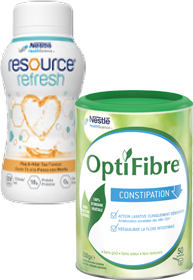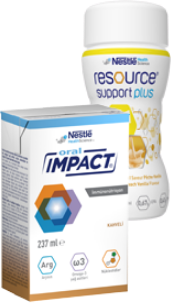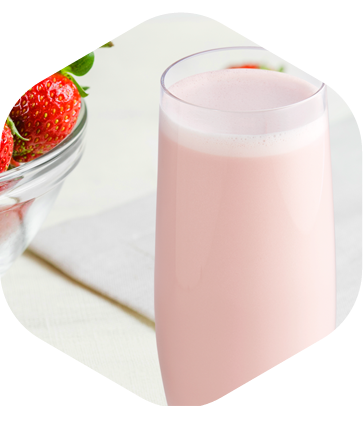Eating During the COVID-19 Pandemic
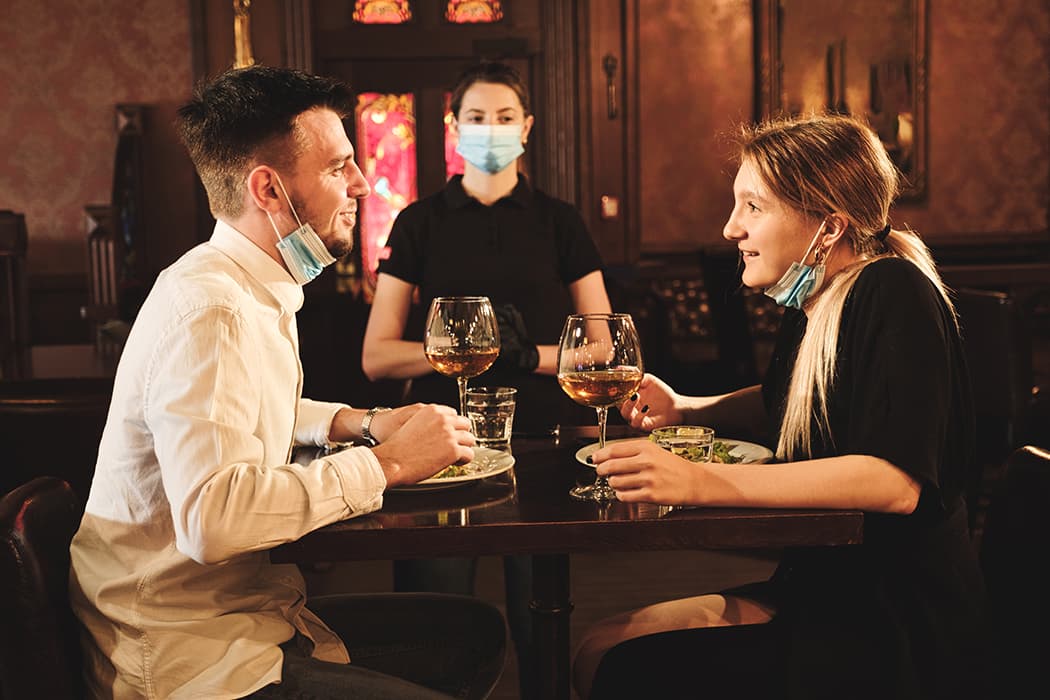
Although we already have the help of vaccines in the fight against Coronavirus, taking some measures and having healthy habits is still necessary. Our immune system is like an army that has to be boosted with a healthy and balanced diet, restorative sleep, physical activity and good mental health. We should also continue following the authorities’ recommendations, such as staying at home, keeping our distance and wearing masks, of course.
Cancer patients’ immune system is inherently weaker due to the aggressive nature of the disease and the overall response to treatment. The body has to deal with a double dilemma: first, it cannot fight cancer cells, which have truly deceptive mechanisms that bypass its natural defenses; secondly, since treatments generally attack cells (damaging both cancer and immunological cells), the patient’s health is further debilitated.
That’s why keeping a healthy diet and an appropriate complementary nutrition is even more crucial for cancer patients, aiming especially on restoring and strengthening the immune system. When the human body is sick, it spends more energy and loses more weight and micronutrients.
Those who undergo cancer treatment suffer from great emotional stress and, frequently, depression. This may lead to a decrease in appetite and, consequently, greater deficiency of micronutrients, such as calcium, iron, magnesium, complex B vitamins, and vitamin D, and weight loss. As a result, the treatment may be less efficient.
Chemotherapy’s side effects directly interfere with the patient's nutrition and nutritional balance. A poor diet is also linked with an increased chemotherapy toxicity and worse side effects.
Side effects may include: mucositis (inflammation of the gastrointestinal tract’s mucosa, starting from the mouth), nausea, aversion to textures, flavors, and odors, changes in taste (dysgeusia), difficulty swallowing (dysphagia), diarrhea and constipation.
In order to address imbalances, during cancer treatment, there are food formulas that minimize the risk of malnutrition, increase caloric and protein intake, favor weight gain and improve health in general.
With proven efficacy, these nutritional formulas supply more protein, calories and micronutrients. They are use to complement the diet or even as an exclusive diet.
Whether prescribed by your doctor or purchased in pharmacies, drugstores or online, nutritional formulas may be ready-to-drink shakes or powdered products (flavored or not) and may have different purposes, such as weight gain, immunomodulation, glycemic control, etc.
For cancer patients in general, especially those undergoing more aggressive treatments, experts recommend specialised nutritional formulas aimed at minimizing chemotherapy’s side effects and providing nourishment.
These specialized nutritional supplements may have more of certain ingredients according to individual needs, such as a higher amount of calcium, vitamin D and proteins for elders, and arginine, nucleotides and Omega-3 fatty acids meant for immunological preparation in advance of surgery, for example.
In general, the diet for cancer patients should be rich in protein whilst high in other nutrients such as calories, fats and micronutrients as well. This way, the person doesn’t have to eat large amounts of food. .
Some of these protein-rich options are high in other components too, to make sure there is a decent intake of calories, fats and micronutrients as well. This way, the person doesn’t have to eat large amounts of food.
Bear in mind that we shouldn’t eat in order to have full stomachs, but, rather, just enough to nourish our cells. Examples of food that boost the immune system include: cruciferous (Brussels sprouts, cabbage, cauliflower, and broccoli), green tea, turmeric, cashews, fibers, and “good fats” (avocado and coconut). They are recommended for containing antioxidant and anti-inflammatory properties.
Nutritional awareness is important for everyone, but even more for cancer patients and those around them. Talk to your healthcare provider.
Body and mind
Physical activity is important for good mental health. Keeping the body in motion helps prevent depression and anxiety.
The best options are strength, aerobics and cardio exercises. However, you should seek expert guidance before starting.
Food safety
The kitchen is the perfect environment for the proliferation of microorganisms. Bacteria, for example, thrive in moist, protein-rich places, and fungi abound in dry foods containing a large amount of sugar. Viruses are peculiar: they only grow when already inside the cells of a live organism, usually as a result of eating and drinking water, milk or food contaminated by handling.
Except for good bacteria, pathogenic microorganisms can cause infections, intoxication and hypersensitivity. Food contamination can occur due to a poor choice of products, inadequate preparation techniques, improper conservation and insufficient microbiological prevention.
Hygiene and sanitation manuals recommend:
- Sanitizing packages before storing them.
- Avoiding cross-contamination between food items. E.g.: not using the same knife to cut meat and vegetables, and keeping different kinds of food separate.
- Avoiding stocking large amounts of food, both dry and wet, so that there is better control over quantities and expiration dates, and no accumulation of dirt.
- Paying more attention to hygiene when preparing meals: cleaning the countertops, washing your hands, keeping short nails, maintaining a clean environment and not letting trash accumulate.
- Disinfecting fruits and vegetables correctly with a solution of 2 tablespoons of hydrogen peroxide, 2 tablespoons of alcohol vinegar, and approximately 1 liter of water. Soak for 15 minutes and wash the excess under running water.
References:
1 - BRASPEN. Nutritional recommendations for cancer patients during the Coronavirus pandemic (COVID-19) (“Recomendações Nutricionais para o paciente oncológico durante a pandemia do Coronavírus [COVID-19]”).
2 - ENEO A.S.J. Sanitary Hygienic Control in Food Services Manual (“Manual de Controle Higiênico Sanitário em Serviços de Alimentação”). Published by: Varela. 7th edition – São Paulo, 2014.
3 - FREIRE D. Immunotherapy: the immune system shift against cancer (“Imunoterapia: a virada do sistema imunológico contra o câncer”). Published by: Science and Culture (“Ciência e Cultura”) Vol. 71. No. 4. São Paulo, Oct./Dec. 2019.
4 - BEAT CANCER INSTITUTE (“INSTITUTO VENCER O CÂNCER”). Coronavirus: essential care for cancer patients (“Coronavírus: cuidados essenciais para pacientes oncológico [sic]”). Available at: https://www.vencerocancer.org.br/cancer/noticias/coronavirus-cuidados-essenciais-pacientes-oncologicos/.
5 - (BRAZILIAN) NATIONAL CANCER INSTITUTE (“INSTITUTO NACIONAL DE CÂNCER”). How does cancer start? (“Como surge o câncer?”), 2019. Available at: https://www.inca.gov.br/como-surge-o-cancer.
6 - JOSÉ J.F.B. Alternative strategies in sanitization of fruits and vegetables (“Estratégias alternativas na higienização de frutas e hortaliças”). Journal of Agricultural Sciences (“Revista de Ciências Agrárias”). Vol. 40, No. 3 Lisbon, Sep. 2017. Available at: http://www.scielo.mec.pt/scielo.php?script=sci_arttext&pid=S0871-018X2017000300015.
7 - JUNIOR E.A.S, et al. Evaluation of pathogen reduction for vegetables hygiene using alternative products (“Avaliação da redução de patógenos para higienização de vegetais utilizando produtos alternativos”). Brazilian Journal of Functional Nutrition (Rev. Bras. Nutr, Func.); 43 (78), 2019
8 - BRAZILIAN MINISTRY OF HEALTH. INCA: José Alencar Gomes da Silva National Cancer Institute (“Instituto Nacional de Câncer José Alencar Gomes da Silva”). National Consensus on Oncology Nutrition (“Consenso Nacional de Nutrição Oncológica”).Available at: https://www.inca.gov.br/sites/ufu.sti.inca.local/files/media/document/consenso-nacional-de-nutricao-oncologica-2-edicao-2015.pdf.
9 - PINHO M.P. Analysis of the T cell repertoire in cancer patients: unveiling the antitumor immune response in humans (“Análise do repertório de linfócitos T em pacientes com câncer: desvendando a resposta imune: desvendando a resposta imune antitumoral em humanos”). PhD Thesis in Immunology on the University of São Paulo’s Institute of Biomedical Sciences (“Instituto de Ciências Biomédicas da Universidade de São Paulo”) required for earning the Title of Doctor of Sciences, 2019.
10 - ROCHA B.B. IMMUNOTHERAPY FOR CANCER (“IMUNOTERAPIA PARA O CÂNCER”). Programa de aprimoramento profissional (“Professional improvement program”). State Health Office (“Secretaria do Estado da Saúde”). Division of Human Resources (“Coordenadoria de Recursos humanos”). FMRP-USP, 2014.
11 - RODRIGUES A.F.F. IMMUNE SYSTEM IN THE FIGHT AGAINST CANCER: IMMUNE SURVEILLANCE EVASION (“SISTEMA IMUNOLÓGICO NO COMBATE AO CÂNCER: EVASÃO A VIGILÂNCIA IMUNOLÓGICA”). Facider Scientific Journal (“Revista científica Facider”), 2019.
12 - SANTOS F.N. The link between the immune system, cancer and immunotherapy (“A relação do sistema imunológico, o câncer e a imunoterapia”). A.C. Camargo, 2015. Available at: https://accamargo.org.br/noticias/relacao-do-sistema-imunologico-o-cancer-e-imunoterapia.
13 - BRAZILIAN SOCIETY OF CLINICAL ONCOLOGY (“SOCIEDADE BRASILEIRA DE ONCOLOGIA CLÍNICA”). SBOC View - Coronavirus (COVID-19) - Information to the Patient. Available at: https://sboc.org.br/noticias/item/1797-posicionamento-sboc-coronavirus-covid-19.
14 - SOUZA N. et al. Functional Nutrition: Principles and Application in Clinical Practice (“Nutrição Funcional: Princípios e Aplicação na Prática Clínica”). Acta Port Nutr No. 7. Porto, Dec. 2016. Available at: http://www.scielo.mec.pt/scielo.php?script=sci_arttext&pid=S2183-59852016000400006.
15 - BRAZILIAN DIABETES SOCIETY (“SOCIEDADE BRASILEIRA DE DIABETES”). Nutrition, immunity and diabetes during coronavirus times (“Nutrição, imunidade e diabetes em tempo de coronavírus”). Available at: https://diabetes.org.br/covid-19/nutricao-imunidade-e-diabetes-em-tempos-de-coronavirus/.
Know more about the subject
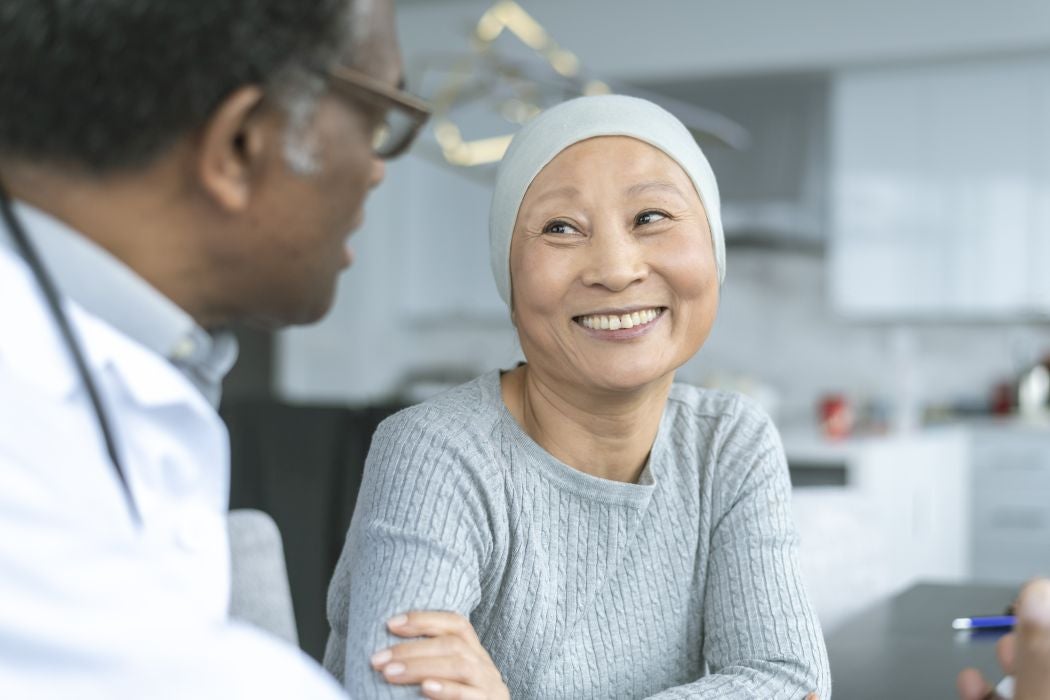
My Treatment Has Ended, What Do I Need to Know?
After your cancer treatment is finished, medical follow-up will continue and it’s important that you change a few habits.
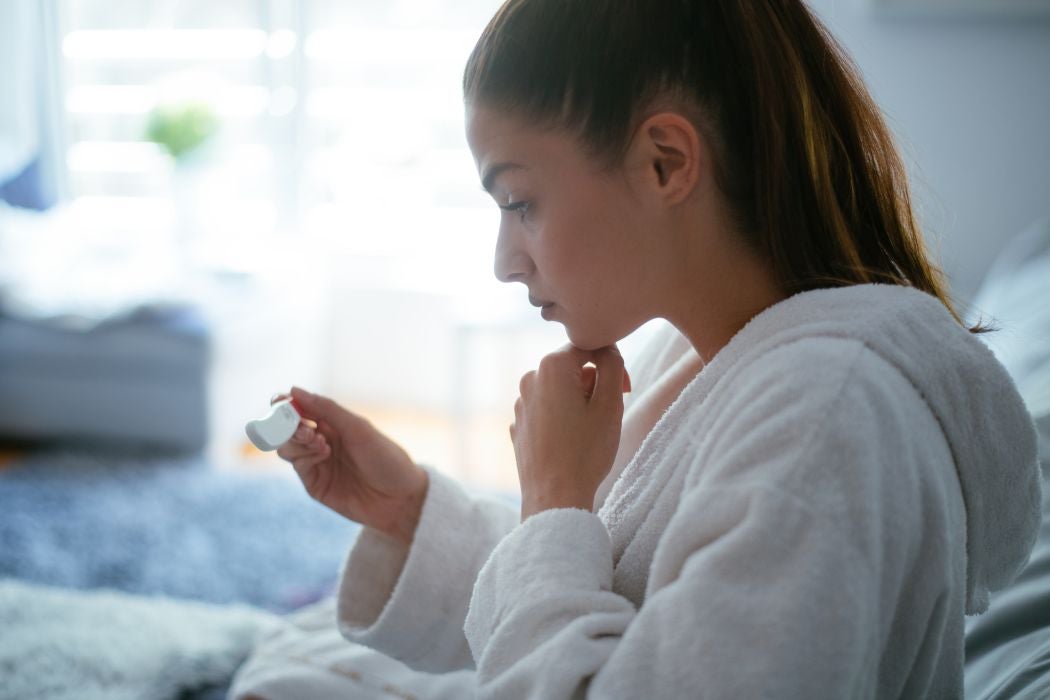
Can Cancer Treatment Affect Fertility?
After the diagnosis, doctor and patient should talk about how treatments could affect fertility and possible ways to preserve it

Going Back to Work and the Social Scene after Cancer Treatment
"Support from family and friends makes things easier, but you need to be mentally prepared and focus on what you need to do."
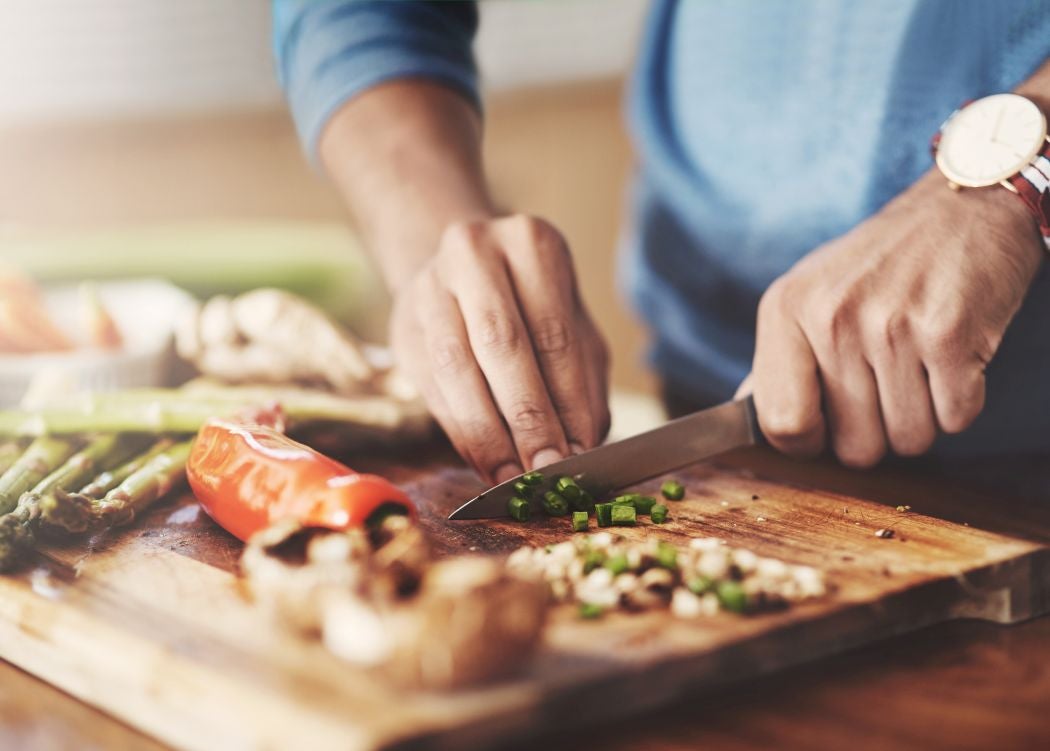
How to Prepare Some Vegetables While Keeping Their Nutrients
Certain cooking methods can make meals more nutritious

How Psycho-Oncology Can Improve Quality of Life for People with Cancer
Therapy sessions usually focus on pain, fatigue, sexuality and self-esteem1
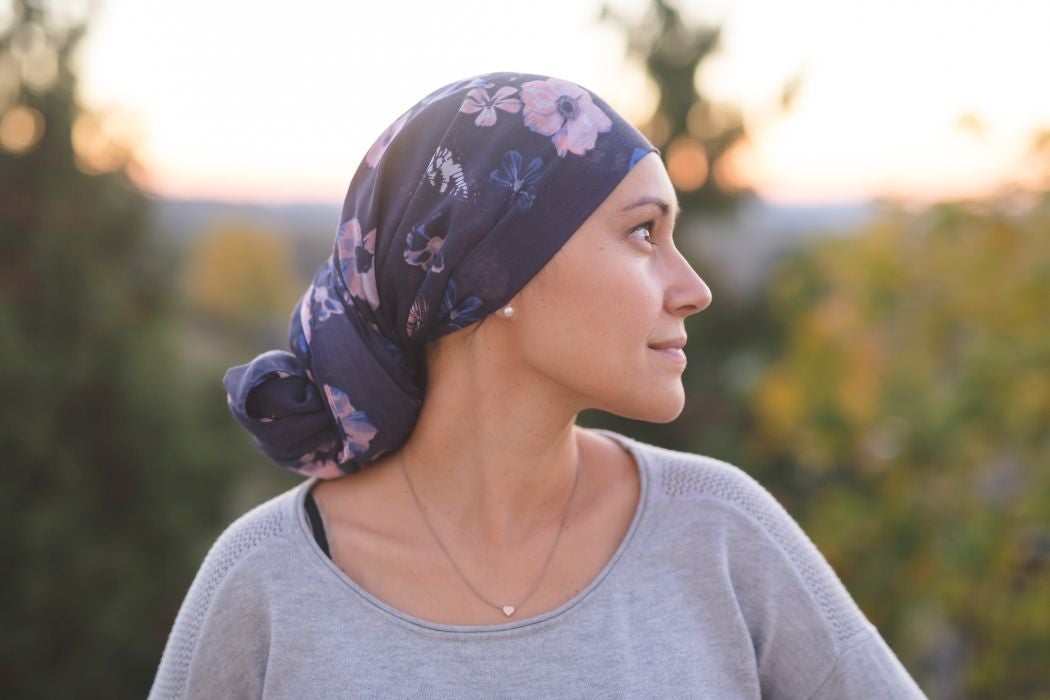
Common Questions About Hair Loss During Cancer Treatment
Although this is deeply associated with cancer treatment, not all people lose their hair

